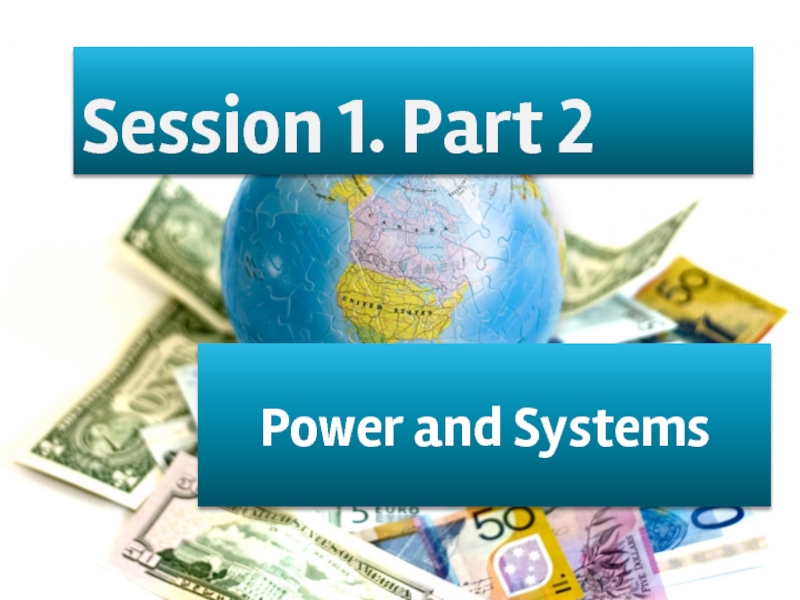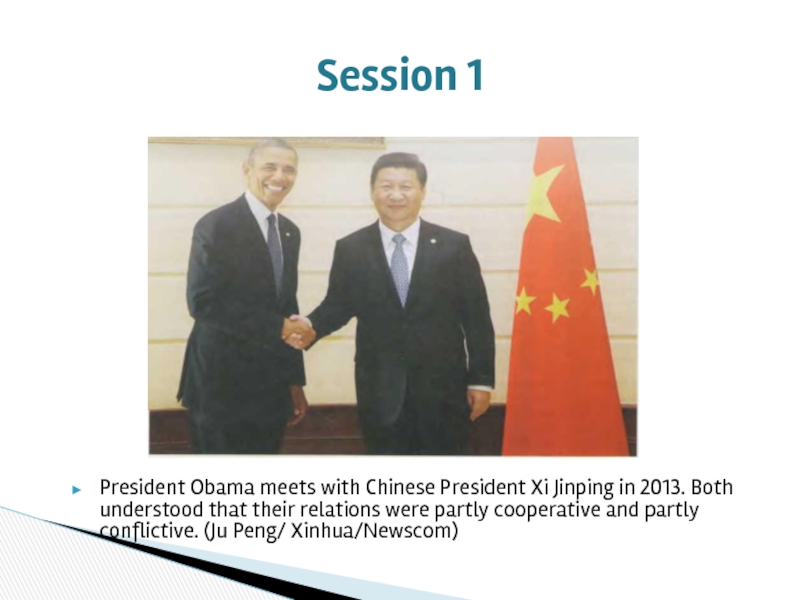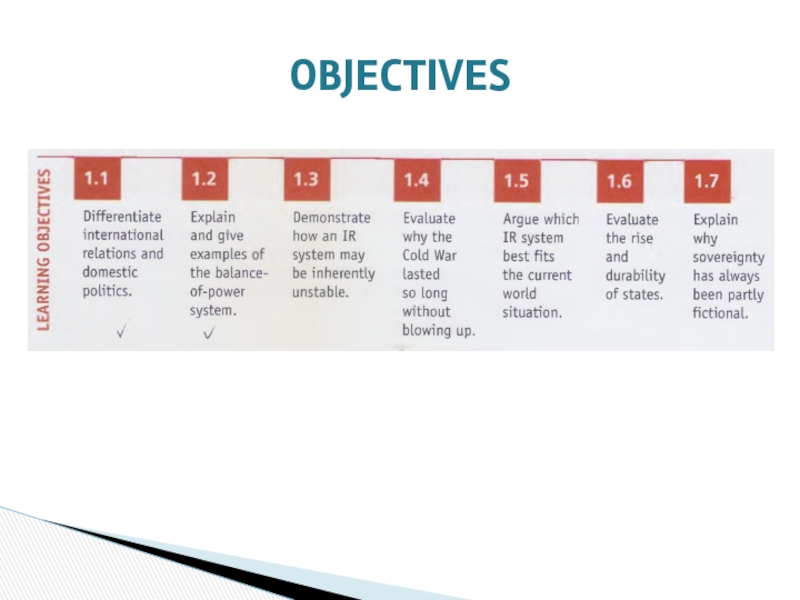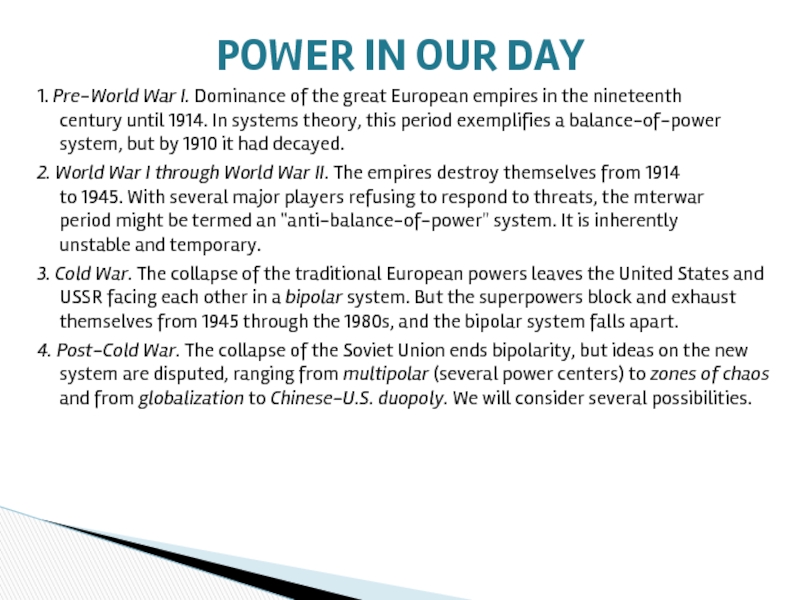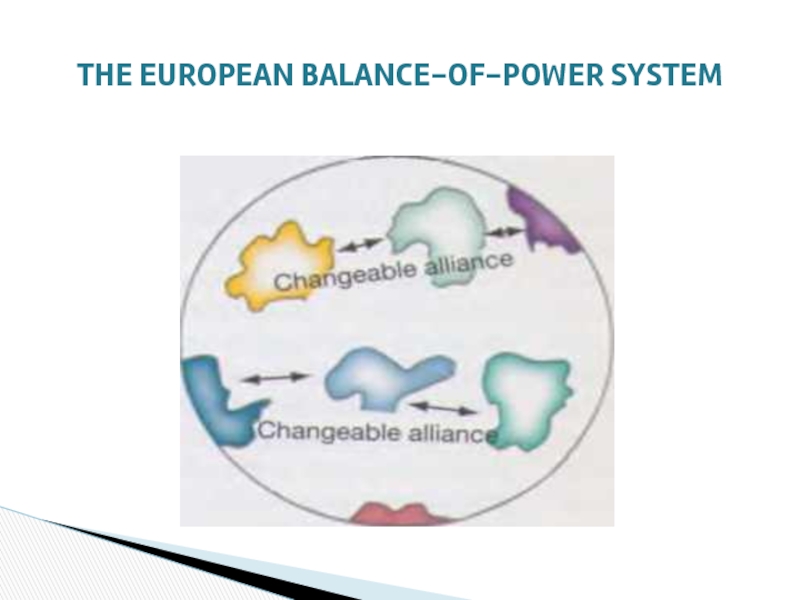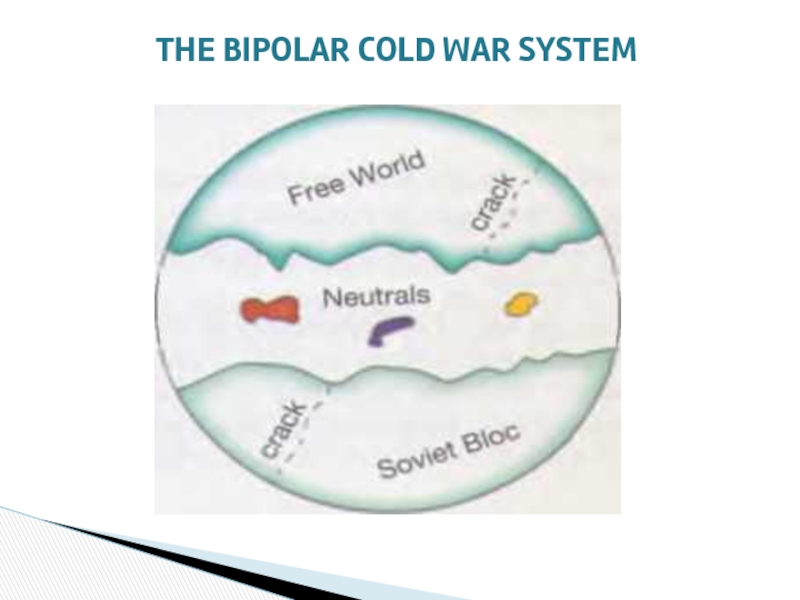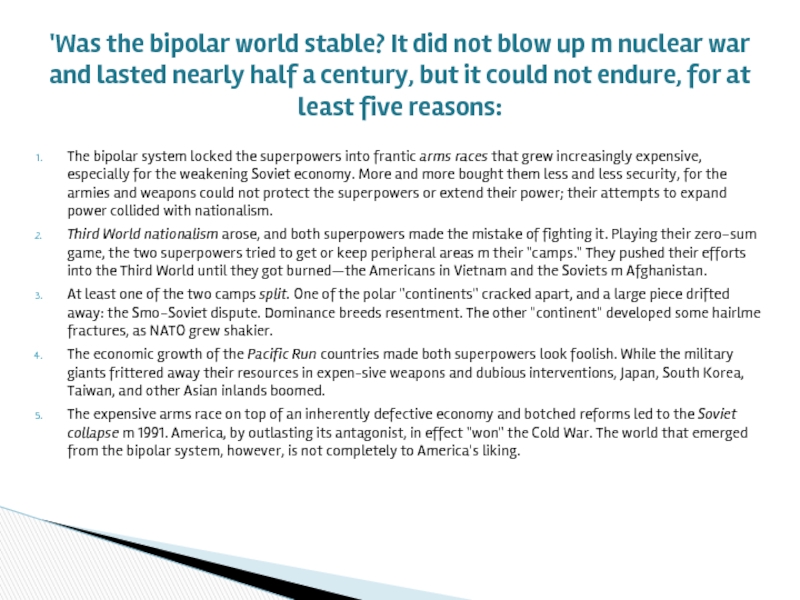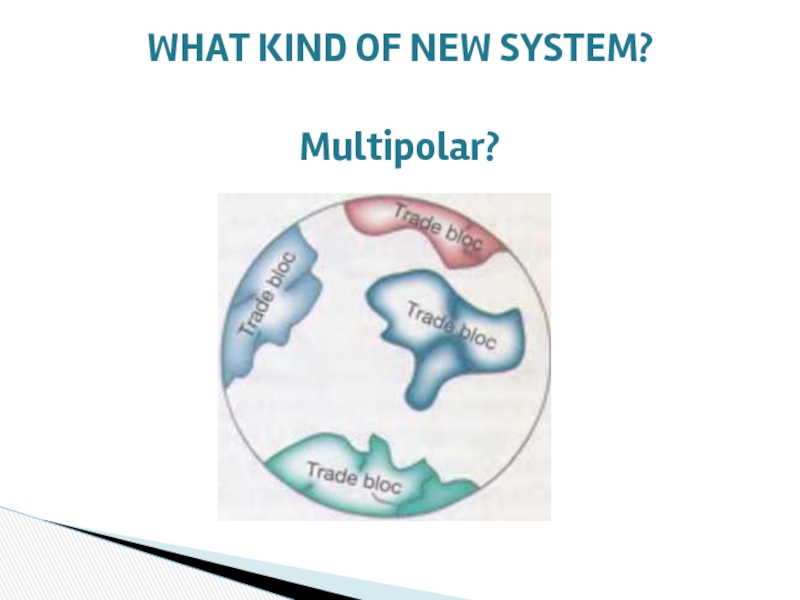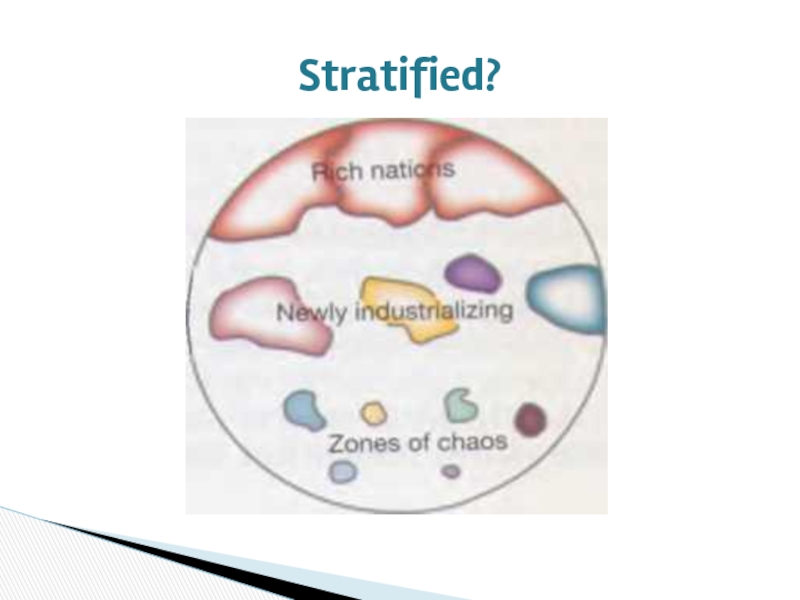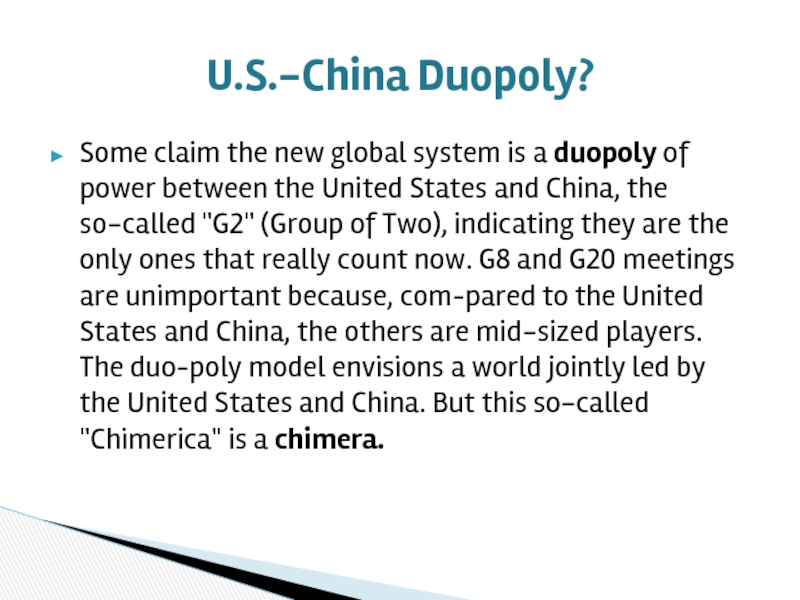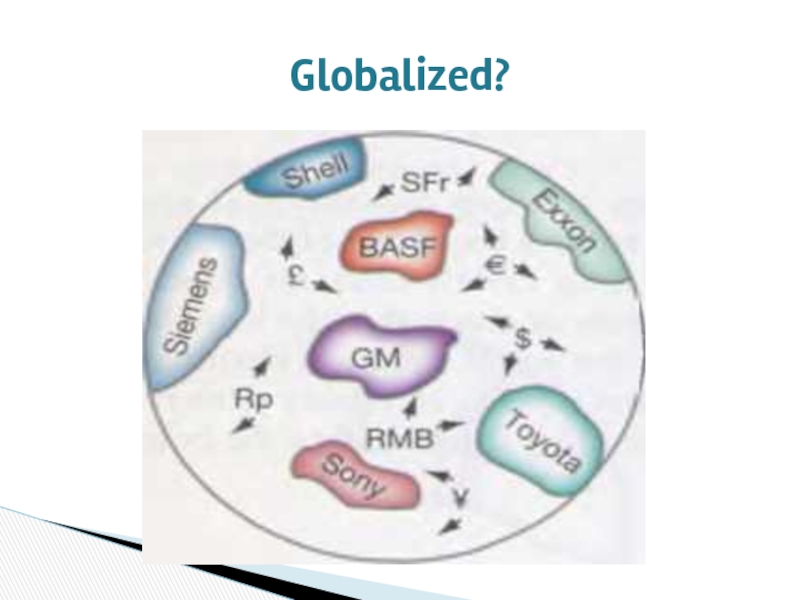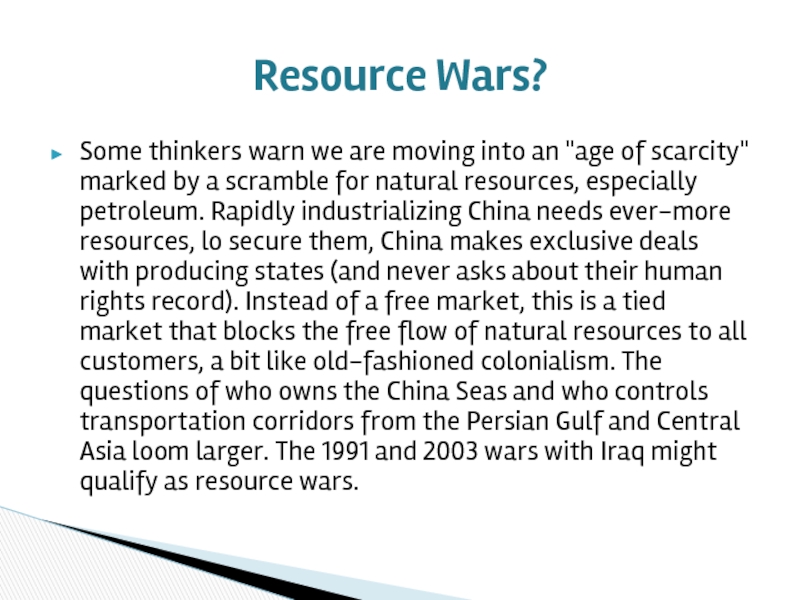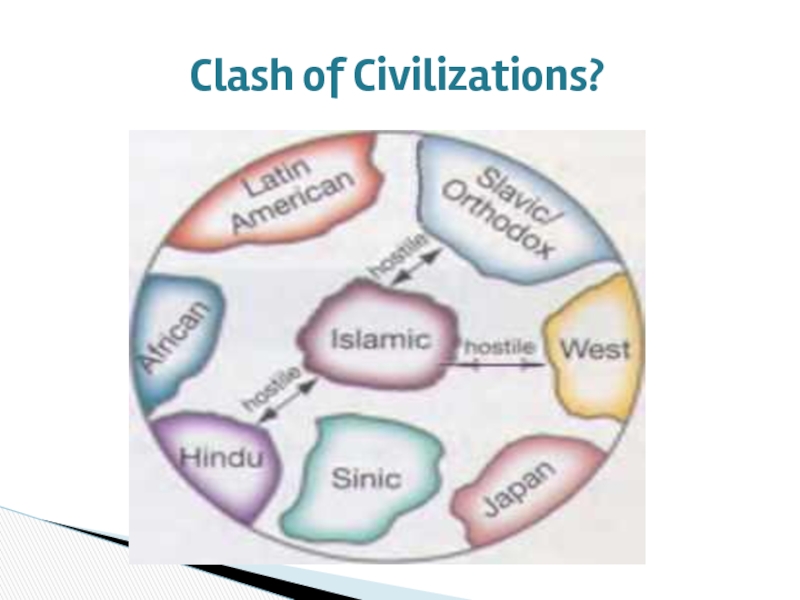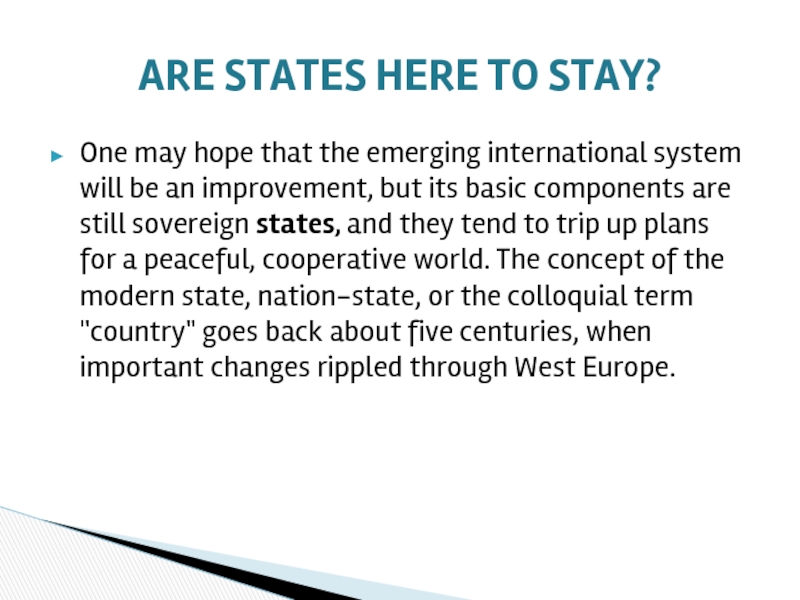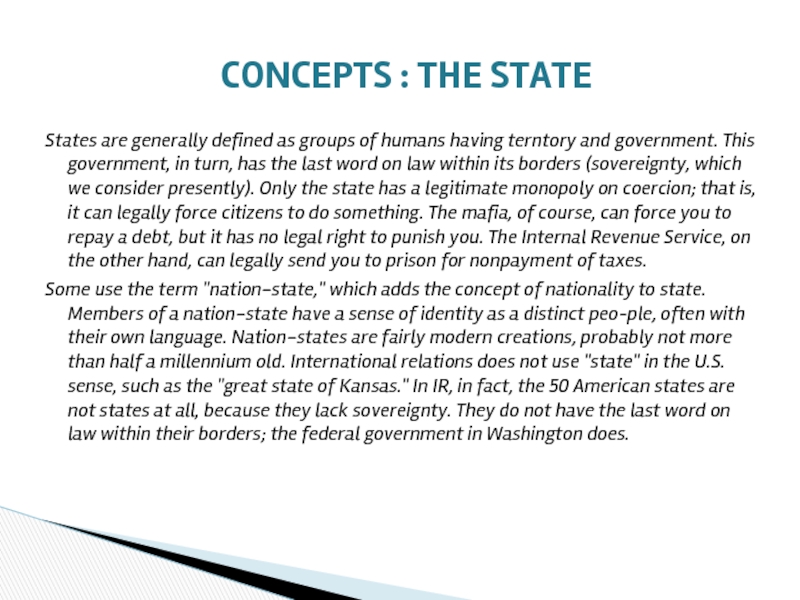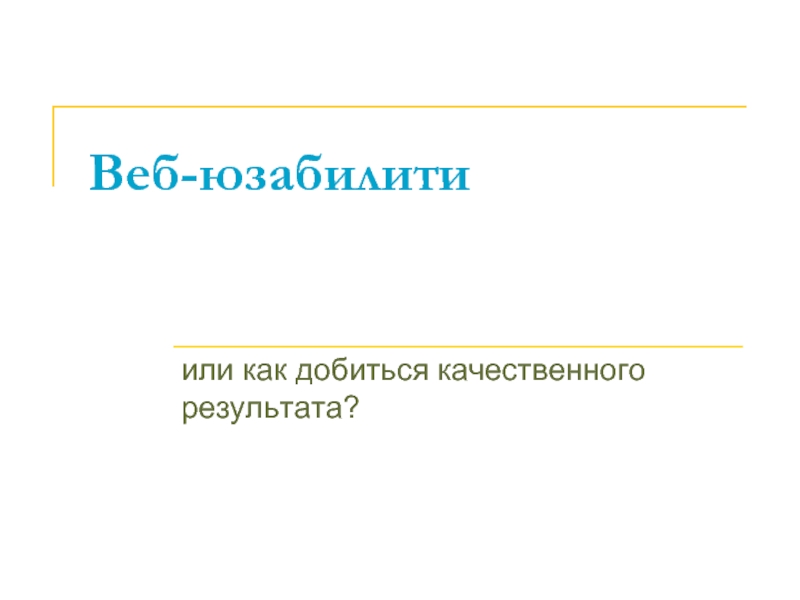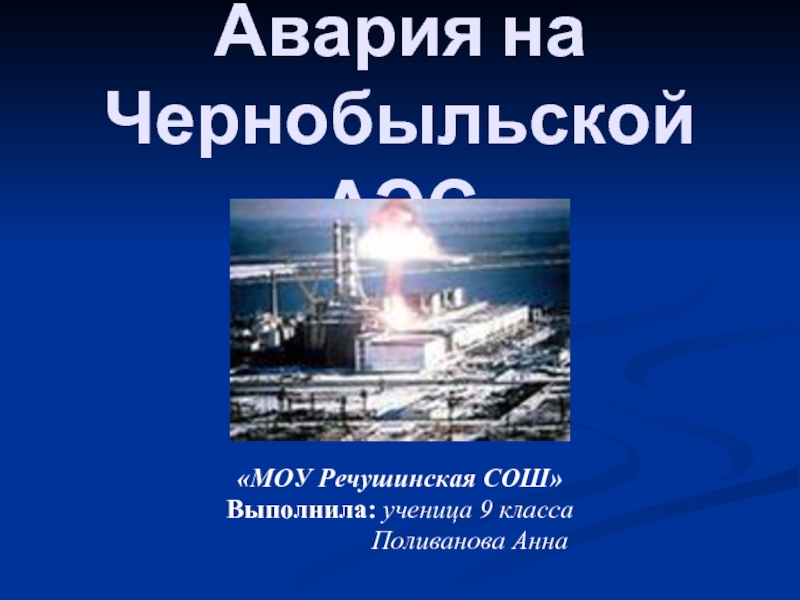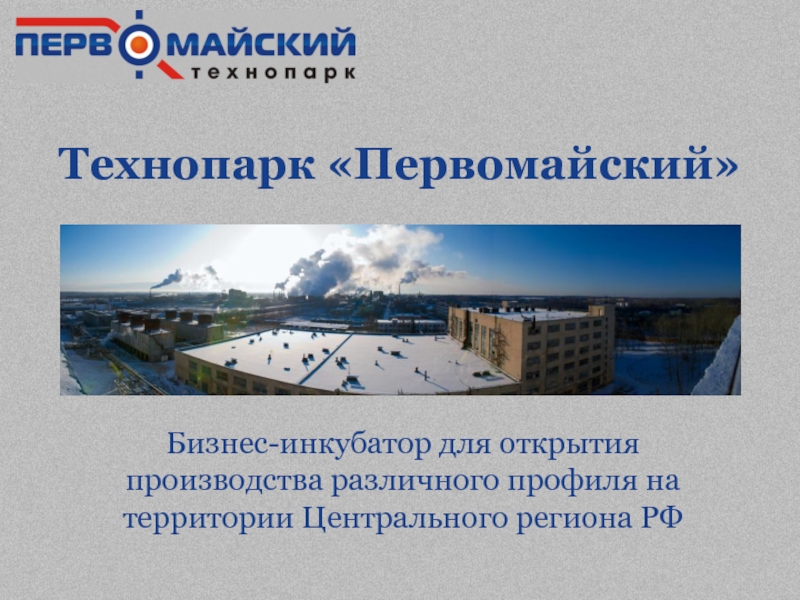- Главная
- Разное
- Дизайн
- Бизнес и предпринимательство
- Аналитика
- Образование
- Развлечения
- Красота и здоровье
- Финансы
- Государство
- Путешествия
- Спорт
- Недвижимость
- Армия
- Графика
- Культурология
- Еда и кулинария
- Лингвистика
- Английский язык
- Астрономия
- Алгебра
- Биология
- География
- Детские презентации
- Информатика
- История
- Литература
- Маркетинг
- Математика
- Медицина
- Менеджмент
- Музыка
- МХК
- Немецкий язык
- ОБЖ
- Обществознание
- Окружающий мир
- Педагогика
- Русский язык
- Технология
- Физика
- Философия
- Химия
- Шаблоны, картинки для презентаций
- Экология
- Экономика
- Юриспруденция
3 Session 1 Part 2 презентация
Содержание
- 1. 3 Session 1 Part 2
- 2. President Obama meets with Chinese President Xi
- 3. OBJECTIVES
- 4. 1. Pre-World War I. Dominance of the
- 5. Power is widely misunderstood. It: is not
- 6. THE EUROPEAN BALANCE-OF-POWER SYSTEM
- 7. A system is something composed of many
- 8. THE UNSTABLE INTERWAR SYSTEM
- 9. THE BIPOLAR COLD WAR SYSTEM
- 10. The bipolar system locked the superpowers into
- 11. WHAT KIND OF NEW SYSTEM? Multipolar?
- 12. Unipolar?
- 13. Counterweight?
- 14. Stratified?
- 15. Some claim the new global system is
- 16. Globalized?
- 17. Some thinkers warn we are moving into
- 18. Clash of Civilizations?
- 19. One may hope that the emerging international
- 20. States are generally defined as groups of
- 21. Sovereignty has always been partly fictional. Big,
- 22. The root of the word sovereignty is
Слайд 2President Obama meets with Chinese President Xi Jinping in 2013. Both
Session 1
Слайд 41. Pre-World War I. Dominance of the great European empires in
2. World War I through World War II. The empires destroy themselves from 1914 to 1945. With several major players refusing to respond to threats, the mterwar period might be termed an "anti-balance-of-power" system. It is inherently unstable and temporary.
3. Cold War. The collapse of the traditional European powers leaves the United States and USSR facing each other in a bipolar system. But the superpowers block and exhaust themselves from 1945 through the 1980s, and the bipolar system falls apart.
4. Post-Cold War. The collapse of the Soviet Union ends bipolarity, but ideas on the new system are disputed, ranging from multipolar (several power centers) to zones of chaos and from globalization to Chinese-U.S. duopoly. We will consider several possibilities.
POWER IN OUR DAY
Слайд 5Power is widely misunderstood. It: is not big countries beating up
Countries use whatever kind of power they have. President Obama urges Iran to put its nuclear program under international control. Tehran demands conditions. U.S. military power is massive, but Tehran has oil power. In our age, energy resources have become one of the most important sources of power.
CONCEPTS : POWER
Слайд 7A system is something composed of many components that interact and
"The strong point about systems thinking is that it trains us to see the world as a whole rather than just as a series of unrelated happenings and problems. It also encourages us to see how a clever statesman may create and manipulate events to get desired results. If he presses here, what will come out there? Will it be bad or good?
CONCEPTS : SYSTEM
Слайд 10The bipolar system locked the superpowers into frantic arms races that
Third World nationalism arose, and both superpowers made the mistake of fighting it. Playing their zero-sum game, the two superpowers tried to get or keep peripheral areas m their "camps." They pushed their efforts into the Third World until they got burned—the Americans in Vietnam and the Soviets m Afghanistan.
At least one of the two camps split. One of the polar "continents" cracked apart, and a large piece drifted away: the Smo-Soviet dispute. Dominance breeds resentment. The other "continent" developed some hairlme fractures, as NATO grew shakier.
The economic growth of the Pacific Run countries made both superpowers look foolish. While the military giants frittered away their resources in expensive weapons and dubious interventions, Japan, South Korea, Taiwan, and other Asian inlands boomed.
The expensive arms race on top of an inherently defective economy and botched reforms led to the Soviet collapse m 1991. America, by outlasting its antagonist, in effect "won" the Cold War. The world that emerged from the bipolar system, however, is not completely to America's liking.
'Was the bipolar world stable? It did not blow up m nuclear war and lasted nearly half a century, but it could not endure, for at least five reasons:
Слайд 15Some claim the new global system is a duopoly of power
U.S.-China Duopoly?
Слайд 17Some thinkers warn we are moving into an "age of scarcity"
Resource Wars?
Слайд 19One may hope that the emerging international system will be an
ARE STATES HERE TO STAY?
Слайд 20States are generally defined as groups of humans having terntory and
Some use the term "nation-state," which adds the concept of nationality to state. Members of a nation-state have a sense of identity as a distinct people, often with their own language. Nation-states are fairly modern creations, probably not more than half a millennium old. International relations does not use "state" in the U.S. sense, such as the "great state of Kansas." In IR, in fact, the 50 American states are not states at all, because they lack sovereignty. They do not have the last word on law within their borders; the federal government in Washington does.
CONCEPTS : THE STATE
Слайд 21Sovereignty has always been partly fictional. Big, rich, and powerful countries
IS SOVEREIGNTY SLIPPING?
Слайд 22The root of the word sovereignty is reign, from the French
power had to center in a monarch. By the 1648 Peace of Westphalia, European states were declaring themselves "sovereign"—the last word in law—over their territories, and monarchs agreed to keep out of the internal affairs (such as religion) of other states. Although the age of royal absolutism passed, the concept of sovereignty remained, and now all states claim sovereignty.
CONCEPTS : SOVEREIGNITY
